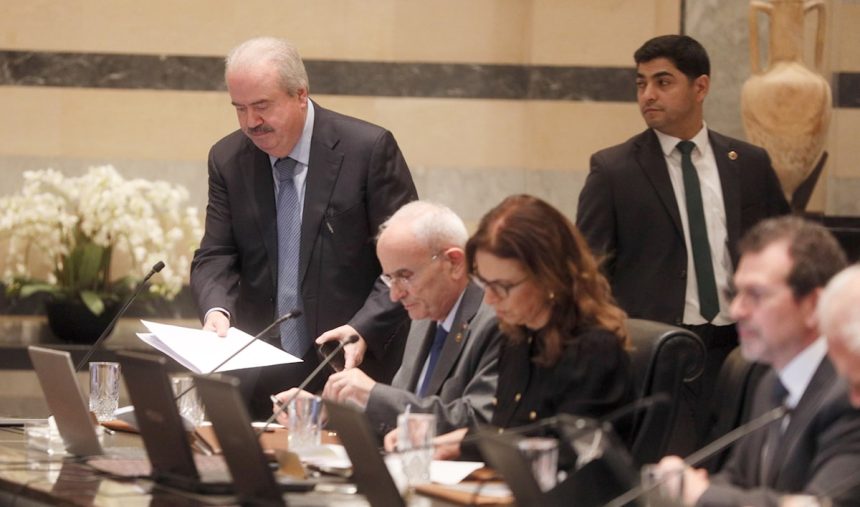In September 2025, Lebanon’s Council of Ministers approved the draft 2026 budget and referred it to Parliament for debate and ratification.
According to LIMS, the draft maintains a degree of fiscal restraint but cannot be described as “balanced,” as it counts external World Bank loans as revenues. These borrowed funds allow the government to expand spending beyond its domestic income base.
Aside from this accounting manoeuvre, the budget largely mirrors previous fiscal frameworks and falls short of delivering meaningful structural reform. Despite official pledges to improve compliance and enforce taxes uniformly, the document remains reliant on a narrow and distortionary tax base. Taxes are expected to constitute around 80 per cent of total revenues, with a heavy dependence on indirect levies, chiefly value-added tax (VAT).
In 2024, government revenues totaled roughly $3.89 billion, of which $2.8 billion came from taxes. More than half of this, around $1.35 billion, was generated through VAT. LIMS attributed the state’s growing reliance on indirect taxation to widespread evasion of direct taxes, noting that indirect taxes are harder to avoid since they are collected at the point of sale and monitored through invoices and customs records.
Lebanon’s chronic tax evasion, particularly on direct taxes such as income and corporate tax, continues to undermine competition. Law-abiding firms face higher operating costs, losing market share to competitors who evade taxes, forcing some to close or join the informal economy.
However, LIMS argued that stricter enforcement alone will not eliminate tax evasion. The institute proposed comprehensive reform, suggesting two possible paths: abolishing direct taxes in favor of a unified sales tax, simplifying the system and improving compliance, or introducing a flat-rate tax to reduce incentives for avoidance and simplify administration.
The remaining 20 per cent of revenues stem from non-tax sources, largely from state-controlled monopolies in telecommunications and electricity. These sectors remain plagued by inefficiencies, weak collection, and declining returns. LIMS urged regulatory reform to open these markets to competition, attract private investment in infrastructure, and strengthen accountability—objectives notably absent from the current budget.
- Budget 2026: Indirect Taxes And Absence Of Fair Reforms, September 23, 2025: Tele Liban, Video Interview AR
- Budget 2026 Places The Burden Of Corruption And Tax Evasion On The Citizen, September 30, 2025: Al Iman, Video Interview AR

